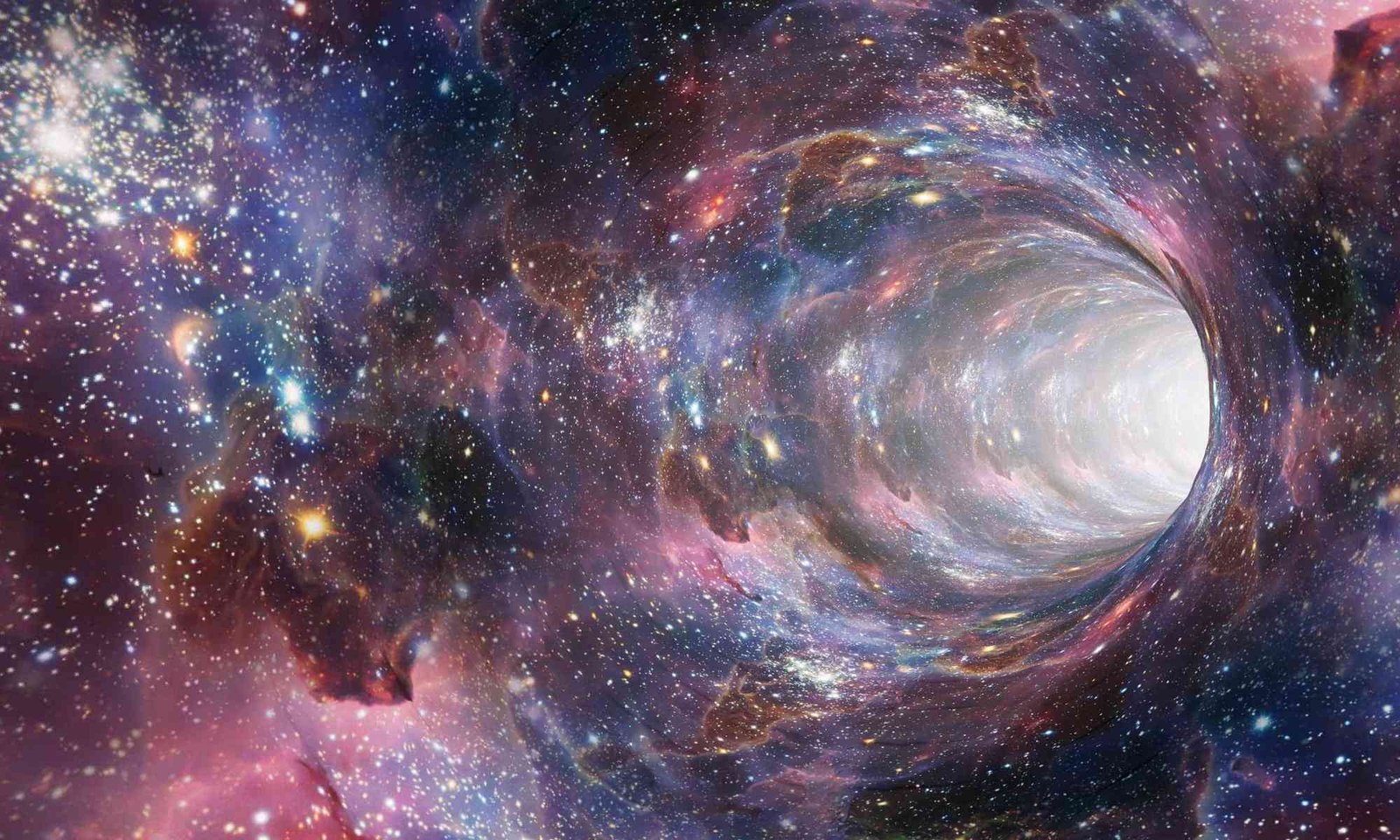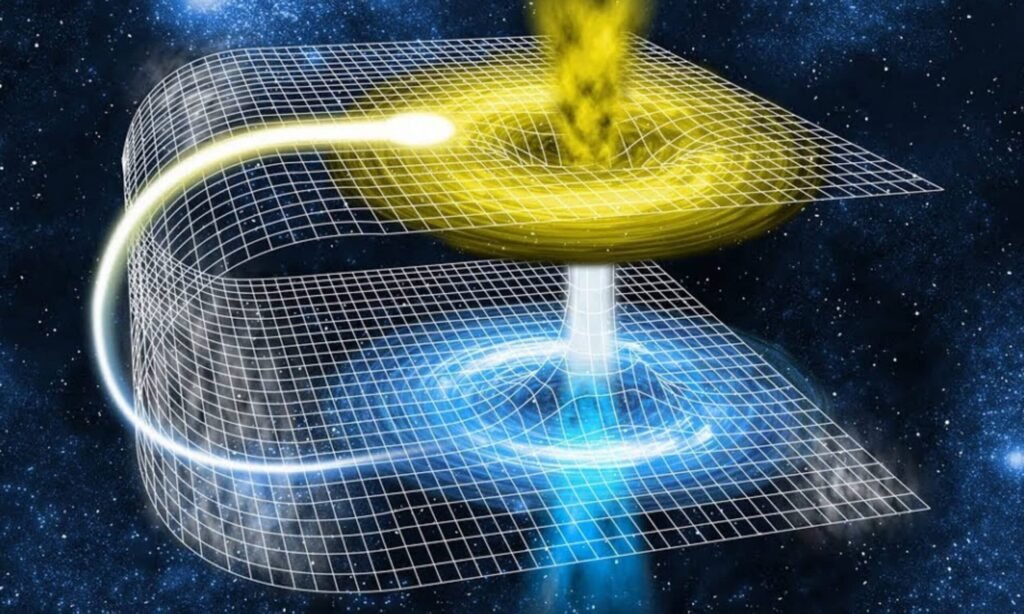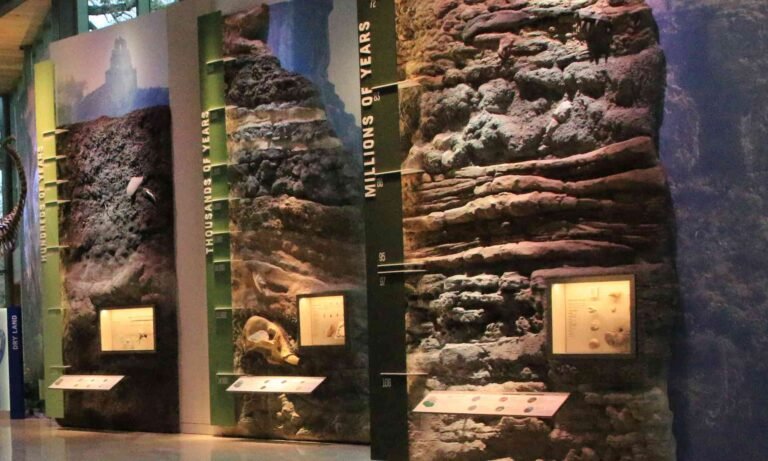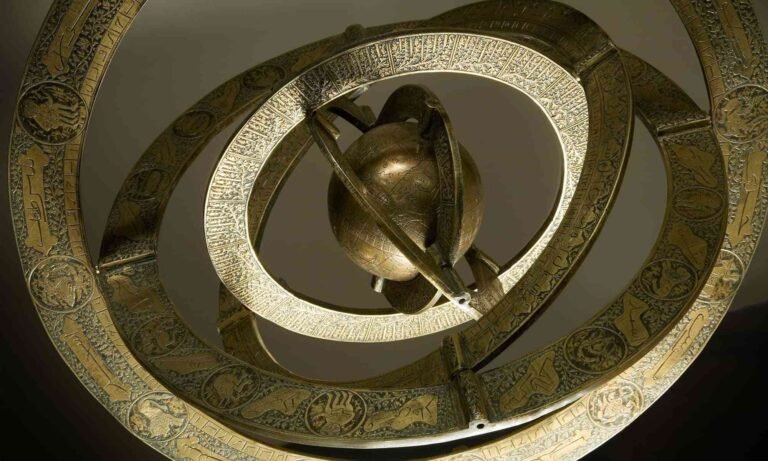The Concept
The notion of time travel has captivated the human imagination for centuries, morphing from a mere science fiction fantasy into a topic that garners serious scientific exploration. Its roots can be traced back to literary works in the 19th century, notably H.G. Wells’ “The Time Machine,” which popularized the idea of moving through time as one would through space. This groundbreaking narrative opened the floodgates for further explorations in both literature and film, inspiring countless depictions of time travel in popular culture.
At its core, time travel is theoretically grounded in the principles of physics, particularly the theories proposed by Albert Einstein. His theory of relativity revolutionized our understanding of time as not a constant but as a dimension intertwined with space. This has led to discussions about how high-speed travel or the presence of massive gravitational fields could allow for time dilation, effectively enabling travelers to experience time at different rates. Such concepts suggest that traveling into the future could theoretically be feasible.
The exploration of Wormholes, as predicted by Einstein’s field equations, also presents a potential mechanism for time travel. These hypothetical passages through spacetime could connect distant points in space and time, offering a visual and theoretical framework for the idea of traversing both temporal and spatial dimensions simultaneously. However, the prospect of traveling backward in time raises even more complex scientific and philosophical questions, yielding numerous paradoxes that challenge our current understanding of causality.
In distinguishing between time travel into the past and the future, it becomes evident that while the latter leans towards plausible scientific theories, traveling back in time remains speculative. Each facet of time travel not only invites scientific inquiry but also serves as fertile ground for philosophical debates regarding determinism and free will, further enriching our comprehension of this enthralling concept. Moreover, the paradoxes associated with backward travel – such as the famous “grandfather paradox” – highlight the fragile balance between scientific possibility and logical consistency. These tensions remind us that time travel is not merely a question of physics but also of philosophy, forcing us to confront the very nature of reality, identity, and causality.
Beyond its scientific and philosophical dimensions, time travel continues to resonate as a cultural metaphor. It embodies humanity’s desire to revisit the past, correct mistakes, or glimpse the future in search of hope and certainty. Whether explored through equations, novels, or films, the concept ultimately reflects our deep fascination with time itself – a force that governs our existence yet remains elusive and mysterious. In this way, time travel serves not only as a speculative scientific pursuit but also as a mirror of human longing, imagination, and the eternal quest to transcend our limitations.
The Grandfather Paradox
Time travel is a fascinating concept that raises numerous philosophical questions and paradoxes. Among these, the Grandfather Paradox stands out as a particularly thought-provoking scenario. This paradox posits a situation where a time traveler journeys back to a period before their grandfather had children and inadvertently prevents him from meeting their grandmother. If the grandfather never has children, then the time traveler would never be born, leading to the impossibility of them existing to make the journey in the first place. This contradiction challenges our understanding of causality, as it creates a loop where actions in the past have direct consequences on the present and future.
Another notable paradox is the Bootstrap Paradox, which involves objects or information being sent back in time and ultimately becoming the source of itself. For instance, if a future scientist traveled back in time and handed Shakespeare a copy of his own works, which Shakespeare then published, it raises the question of where the works originated. Did Shakespeare write them, or did he simply receive them from the future? Such predicaments complicate our understanding of time as a linear progression and suggest the possibility of a more intricate model of temporal relationships.
The Many-Worlds Interpretation offers another perspective on time travel and its associated paradoxes. This theory posits that every time a time traveler makes a choice or alters an event in the past, a new, branching universe is created, rather than affecting a single timeline. This interpretation provides a potential resolution to paradoxes by suggesting that changes made in the past exist in a separate reality, thereby preserving the original timeline. Through these examples, the complexities of time travel paradoxes reveal the intricate interplay between causality, time, and our understanding of existence, prompting deeper philosophical exploration into the nature of reality itself.
Philosophical Implications
Time travel presents profound philosophical implications that stir debates among scholars and laypeople alike. Central to this discussion are concepts of free will, determinism, and the very nature of time. The possibility of traveling back to alter past events raises questions about whether humans possess the free will to change their destinies or if their paths are predetermined. This dilemma invites analysis from perspectives such as those of existentialists, who argue for the intrinsic freedom of human choice, contrasted with determinists, who hold that all events are caused by preceding factors, thus negating true free will.
The relationship between time travel and the concept of causality further complicates interpretations of reality. If one were to change a significant event in the past, would this not create a ripple effect resulting in entirely different outcomes in the present? Some philosophers, including David Lewis, propose the existence of branching timelines, suggesting that altering the past leads to the emergence of an alternate reality rather than a single, linear timeline. This model lends support to theories of modal realism, where multiple possible worlds exist simultaneously, each representing different outcomes based on varying decisions or events.
Moreover, philosophers such as Immanuel Kant have presented views on the nature of time itself, arguing that time is not an objective feature of reality but rather a framework of human understanding. This perspective challenges the conventional idea of time as linear, facilitating the notion that time travel might not be as straightforward as previously believed. Such philosophical considerations encourage deeper reflection on how time travel, should it ever become feasible, would fundamentally alter our comprehension of reality. Understanding these implications can markedly enrich discussions in both academic circles and popular culture, reminding us that the complexities of time are laced with significant philosophical weight.
The Future in Thought and Science
In examining the intricate landscape of time travel, it becomes evident that this concept has not only captivated the scientific community but has also significantly influenced popular culture and philosophical discussions. Throughout history, the allure of traveling through time has sparked numerous theories and debates, ranging from the implications of paradoxes, such as the grandfather paradox, to the philosophical inquiries regarding determinism and free will. The ongoing interest in time travel reflects humanity’s innate curiosity about existence and our place within the temporal framework.
As technology advances, so too does the exploration of time travel theories within the realms of hard science like physics and cosmology. Concepts such as wormholes, Black Holes and the bending of spacetime propose intriguing possibilities for how time travel might be feasible, albeit still theoretical. Recent advancements in quantum mechanics and relativity have opened up new avenues for scientists to explore the foundations of time. The relationship between time and technology could bear fruit in innovative ideas and methods for time exploration in the coming decades.
However, it is essential to acknowledge that the challenges posed by time travel continue to be a fertile ground for philosophical speculation. Even as we delve into the mechanics of time, the ethical implications and existential questions persist. What does it mean for free will if we can manipulate time? How would the ability to alter past events reshape our understanding of history and memory? These questions remain pertinent, regardless of whether practical time travel eventually becomes a reality.
Ultimately, the intersection of science and philosophy in the discourse surrounding time travel will endure. It provides not only a framework for scientific exploration but also a philosophical lens through which society can reflect on the essence of time and existence itself. This dialogue ensures that time travel remains more than a scientific hypothesis – it becomes a mirror of human imagination. In doing so, it challenges us to reconsider not only the boundaries of physics but also the limits of our own understanding. By bridging speculation and inquiry, time travel continues to symbolize humanity’s relentless pursuit of meaning within the unknown.
What’s More
The posts in My Blog feature reflective, story-driven pieces rooted in personal and societal insights.
The topics in My Interests explore abstract, philosophical ideas and their cultural and societal impact.
👁️ 7,940 Views
















